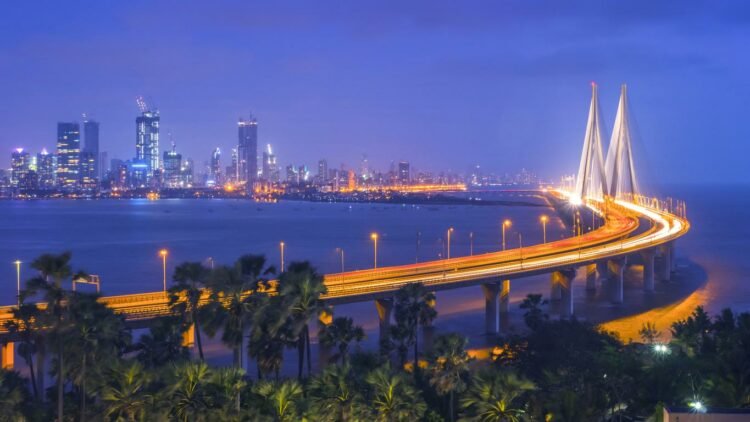NEW DELHI : In a major move towards achieving India’s commitment of carbon neutrality by 2070, the country’s financial capital Mumbai is eyeing to achieve net-zero carbon emission by 2050, according to its first ever Climate Action Plan unvieled on Sunday.
Brihanmumbai Municipal Corporation (BMC) has devised the Mumbai Climate Action Plan (MCAP) as a part of its commitment towards building a climate-resilient city. This comes in the backdrop of India’s commitment of achieving net-zero carbon emissions by 2070.
Also Read: Mumbai to host India ESG Summit 2022 – India CSR Network
After a vulnerability assessment, greenhouse gas (GHG) and natural green cover inventory over the last six months, the BMC with technical support from the World Resources Institute (WRI) India and the C40 Cities network, on Sunday unveiled MCAP. MCAP is a policy document to adopt an evidence-based planning approach and mobilize resources to move from action planning to strategic projects. The action plan 2022 is titled ‘Towards a Climate Resilient Mumbai’.
“While India is on pace to meet its Nationally Determined Contributions, Maharashtra is committed to leading India’s battle against the impending climate crisis through policy-governance changes and instilling the culture of climate action.
The MCAP is designed to fulfil the Paris Agreement’s aim of reducing global warming to 1.5 degrees Celsius. Mumbai will become a climate-resilient metropolis as a result of the evidence-based policies that led to the creation of MCAP,” said Mahrashtra chief minister Uddhav Thackeray in a statement.
This comes in the backdrop of Maharashtra considering a radical plan to deregister vehicles that run on petrol and diesel, followed by a complete ban from 2030 as reported by Mint earlier.
“Various recent extreme weather disasters in Maharashtra, such as Cyclone Tauktae, urban floods, and untimely rains, have demonstrated the importance of implementing localised mitigation and resilience techniques. Our goal is to urge people to take action on climate change at the local level. In a city like Mumbai, achieving climate resilience requires striking the ideal balance between development aspirations and environmental preservation,” said Mahrashtra’ cabinet minister of Environment and Climate Change Aaditya Thackeray said in the statement.
Maharashtra has recorded a sevenfold increase in drought events and a sixfold rise in the frequency of extreme floods events over the last 50 years.
The state’s ambitious plan will help reduce India’s total projected carbon emissions by 1 billion tonnes by 2030 and reduce the carbon intensity of the economy to less than 45% by the end of the decade as promised at COP26.
The pathways scenario exercise under MCAP helps establish an evidence, based on which the city can set emissions reduction targets for energy, transport, and waste sectors, which are the major contributors to GHG emissions in the city. While the energy sector accounts for 72% of total emissions, the transport and waste sector are responsible for 20% and 8% respectively.






